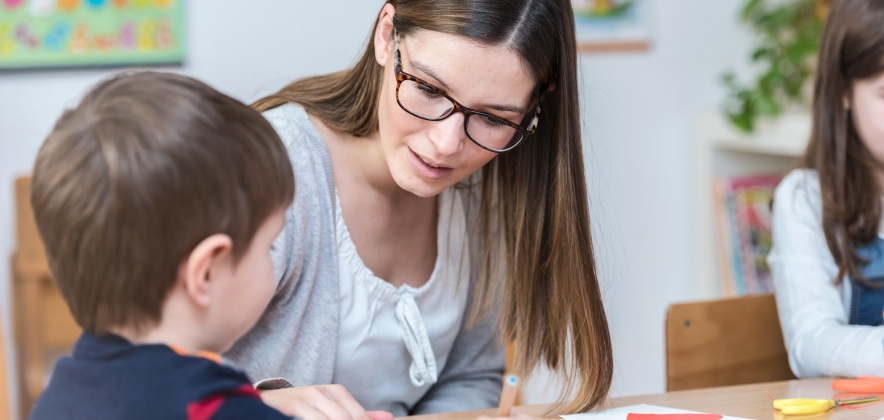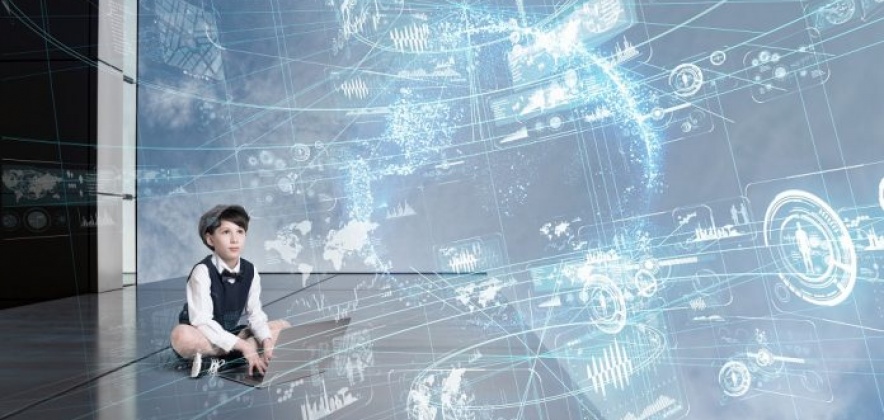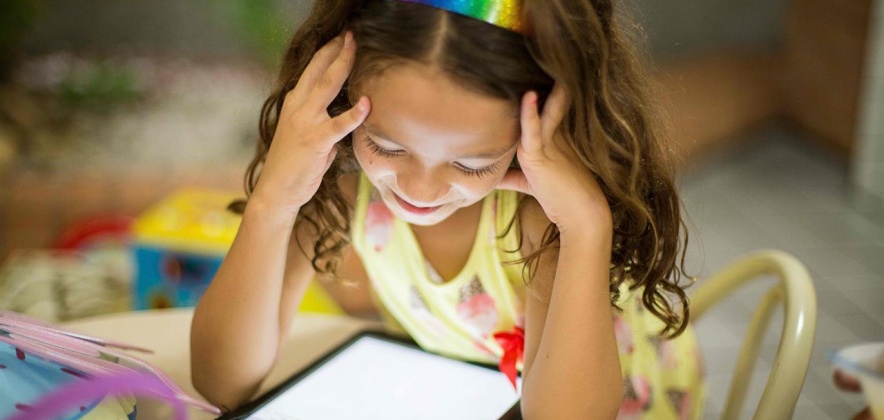
The paper examines the transformations that with the pandemic emergency (impact on quality of life) and technological evolution (cognitive overload) are introduced into teaching processes. Subject of analysis are the contextual and personal factors that can affect the learners’ propensity to relate to others (teachers and peer groups) effectively (self-awareness, open-mindedness and willingness to dialogue) and to learn. The possibility of establishing an authentic educational relationship represents a valuable opportunity, not only to adapt teaching provision to the unique characteristics of each student, but also to support them in times of difficulty (managing complexity). To act on these dimensions, it is appropriate to provide interventions that allow the recovery of the availability for dialogue (relational dimension), not only between teachers and students, but also with parents and the group of peers (observation skills, emotional intelligence, active listening and empathy). The article offers some food for thought on the possibility of using didactic action to support these processes by adopting conscious and resilient attitudes.
 Classified "A" by ANVUR in the fields 11/D1, 11/D2 Scientific in the field 14.
Classified "A" by ANVUR in the fields 11/D1, 11/D2 Scientific in the field 14.





